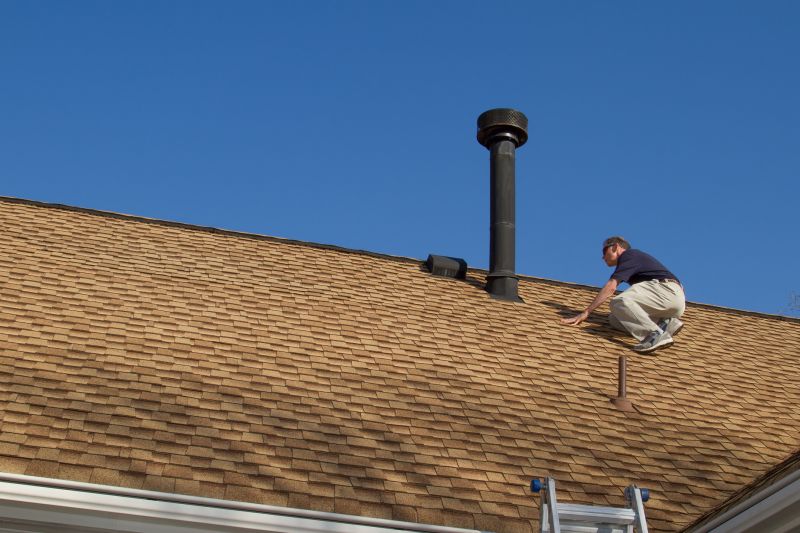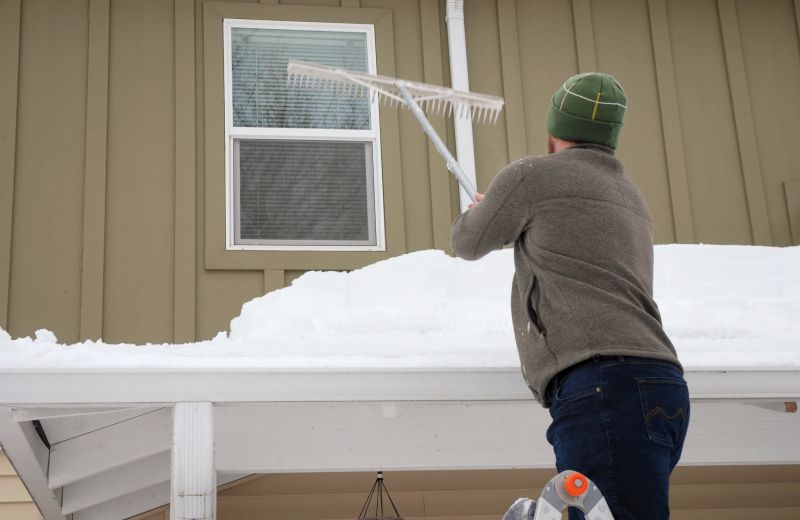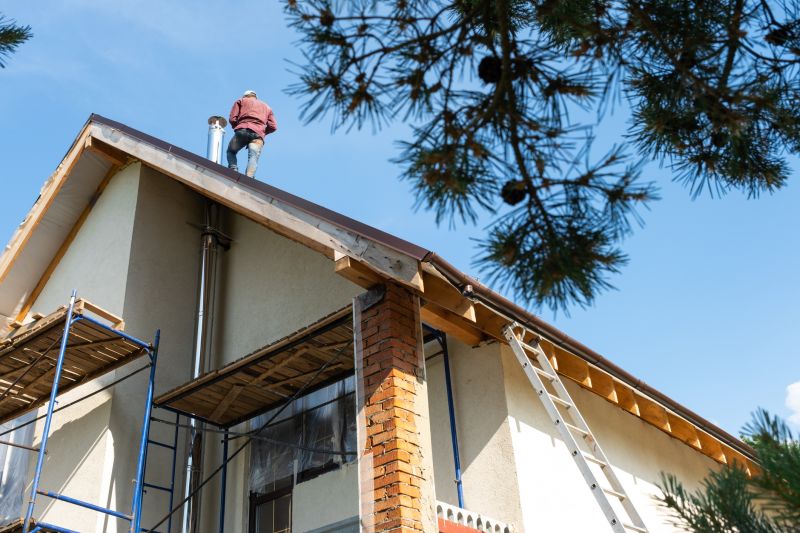Optimal Timing for Roofing Services
Understanding the optimal timing for roofing services can impact the quality and longevity of the work. Weather conditions, temperature, and seasonal factors play significant roles in scheduling roof repairs, maintenance, or replacement. Proper timing ensures safer, more efficient work and better results.
Spring offers moderate temperatures and longer daylight hours, making it ideal for roofing projects. It is a popular season for repairs and replacements, with less chance of weather-related delays.
Summer provides warm, dry conditions suitable for roofing work. However, high temperatures can pose challenges for workers and materials, so scheduling during cooler parts of the day is recommended.
Fall is considered one of the best times for roofing due to mild weather and lower humidity. It allows sufficient time to complete projects before winter sets in.
Winter is generally less favorable because cold temperatures and snow can hinder roofing work. However, in milder climates or for urgent repairs, services may still be performed.

Springtime allows for effective repairs with favorable weather conditions.

Warm summer days are suitable for roofing work, provided temperatures are managed carefully.

Fall offers ideal weather for roof maintenance and preparation for winter.

Winter roofing may be limited by weather, but repairs are possible in mild conditions.
| Season | Advantages |
|---|---|
| Spring | Moderate temperatures, longer days, ideal for repairs and replacements. |
| Summer | Warm and dry, suitable for extensive roofing projects, but requires heat management. |
| Fall | Optimal weather, allows completion before winter, good for maintenance. |
| Winter | Limited by cold and snow, suitable mainly for urgent repairs in mild climates. |
Roofing services encompass a range of activities including repairs, replacements, and maintenance. Proper timing can influence the durability and effectiveness of these services. Seasonal considerations such as weather patterns and temperature fluctuations are critical factors in planning roofing projects. For instance, scheduling during milder months reduces the risk of weather-related delays and ensures better adherence to quality standards.

A roofing project underway during optimal weather conditions.

Professional inspection to assess roof condition and plan timely maintenance.

Maintenance activities scheduled for optimal seasonal timing.

Urgent repairs performed regardless of season when necessary.
Choosing the right season ensures better weather conditions for roofing work, reducing delays and issues.
Avoiding extreme weather like snow or intense heat helps maintain safety and quality standards.
Early planning and scheduling during favorable seasons can lead to cost savings and timely completion.
Understanding regional weather patterns aids in selecting the best time for roofing services.
Interested parties are encouraged to contact for more information about scheduling roofing services. Proper timing can make a significant difference in the durability and quality of roofing projects, ensuring long-term protection and performance.
